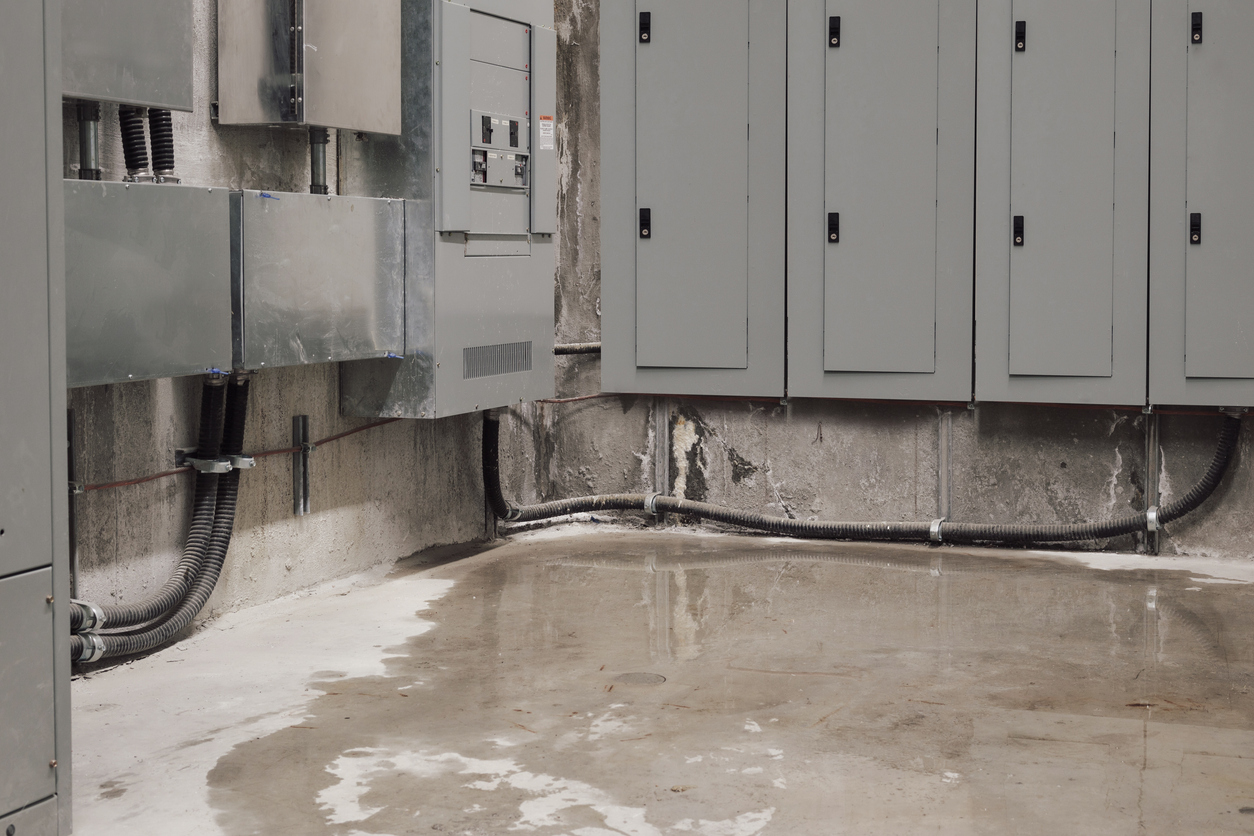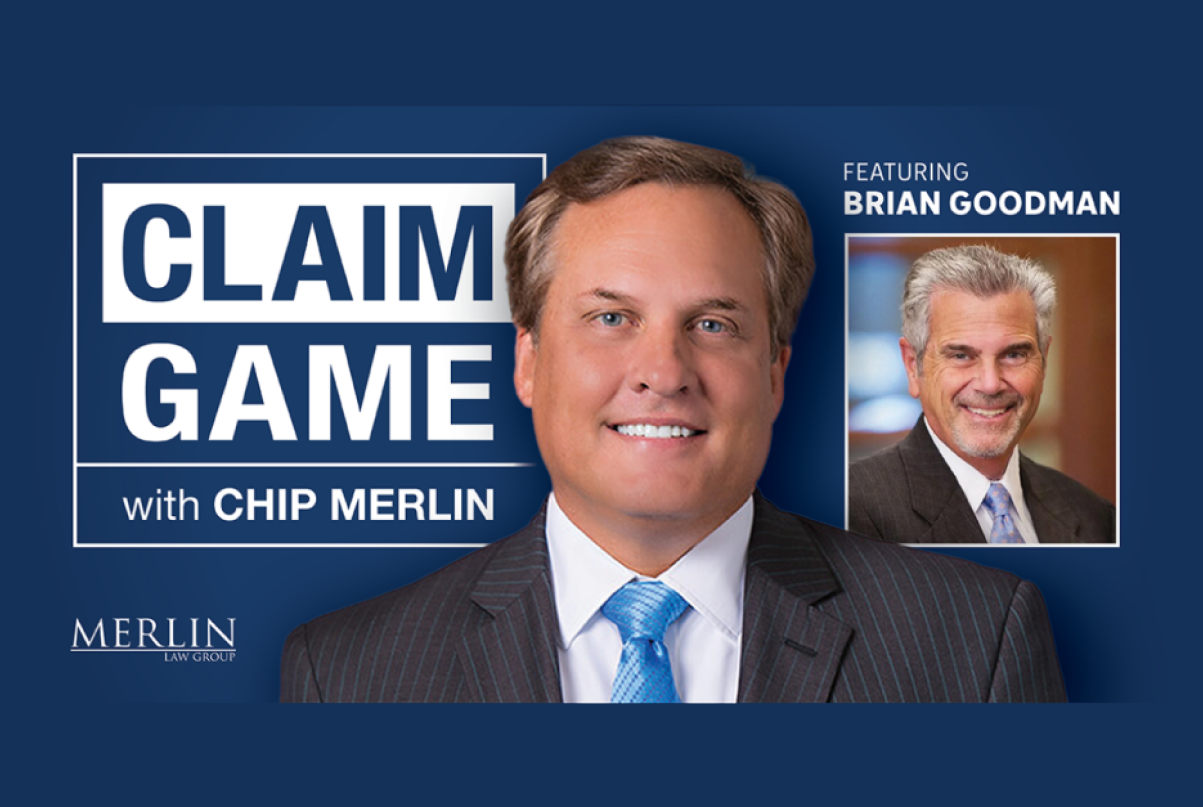(This post is part of a presentation I will provide to the Chambers of Commerce in Del Ray Beach and Boca Raton over the next two weeks.)
Since 1985, I have had the pleasure of providing legal counsel to hundreds of different companies with virtually every type of insurance claim problem and concern following a disaster. There are recent trends in the Florida insurance industry regarding insurance coverage that many do not appreciate. Without the perspective gained by experience, I find many providing advice do so from a limited, and often self serving, perspective. Many of these advisors are unknowingly part of one of the newer trends.
As "outside legal insurance coverage council," I am generally called after a disaster to fix problems. This work requires thorough knowledge of practical but specialized issues and the legal consequences arising from each issue. Many involved in the disaster preparedness and recovery business know that each action and every issue has many legal issues. Often, the business policyholder is not aware of this or wistfully hopes the potential legal problem does not materialize. Part of this discussion will provide suggestions to avoid potential problems.
The insurance disaster landscape affects all businesses differently. The type of business, its inter-relationship to other businesses, opportunities available following catastrophe, location, customer base, and sophistication of management all play integral roles in preparation for a widespread hurricane disaster.
Here are some basic trends in property insurance which impact businesses:
- Insurers non-renew and leave markets much quicker. There is little allegiance.
- Surplus lines carriers with non-standard forms are increasing in the marketplace.
- Agents are significantly impacted by the first two trends.
- Comparing insurance based on price can be very deceptive because coverage terms vary.
- Deductibles have increased. Financing of large deductibles through insurance or financial sources has to be contemplated.
- Experienced claims expertise from the insurer is limited because Florida claims laws have changed significantly.
- Prompt claim payments are decreasing as try to pay on actual rebuilding versus theoretical estimates.
- The insurance disaster restoration industry has significantly expanded and matured.
- The Florida public adjuster industry and "claim consultant" business has grown and changed.
- Business managers and owners are much more on their own and subject to second guessing following large scale disasters (this differs from isolated incidents).
The Agent Relationship
Insurance agents play a vital role in the success of any business. Good commercial agents know the marketplace for the businesses of their clients, the trends, competing available products, and the coverage which should be considered. Agents have many duties to their clients; the most important is to educate the customer regarding the coverage needed to sustain a business following a disaster.
Because insurer allegiance is decreasing and forms of coverage, through various markets, are increasing, the role of the insurance agent is becoming more important. Business management must consider more educational meetings with their agent far in advance of the renewal period. Interviewing more than one truly qualified and professional agent is often necessary to obtain the optimal best price and fullest coverage scenario because the insurance markets are so dynamic.
A warning about dealing with surplus lines markets: the new surplus lines legislation will undoubtedly result in a wild west of rates and coverage offered by surplus lines carriers. Because surplus lines are now not subject to consumer protection statutes and regulations, businesses must guard against buying illusory coverage which cannot be enforced–even through legal redress. For example, surplus lines carriers are now writing unfair forum venue, law, and procedure clauses into policies, which our courts may have no option but to enforce.
Imagine having to fight a coverage dispute in the surplus lines carrier’s state or country, through an arbitration panel dominated by insurer interests, with the jurisdictional law selected by the surplus lines carrier? This is exactly what many clauses in some surplus lines policies call for, and your Florida legislators just passed a law making these unfair clauses legal.
My advice: establish a great relationship with an agent and consider two. Meet at least twice a year. Do not buy on price alone, but on coverage provided. In fairness and for protection, buy only from those that will agree to resolve differences in a courtroom where your business is located. Such agreements may keep disputes from occurring in the first place.
A few suggestions to prevent legal and practical problems from occurring:
- Make certain to not be underinsured. Prices for repair and replacement are often 20 to 45 percent higher than construction prices for new construction not impacted by a catastrophe. The amount of insurance is very important.
- Make certain that property excluded from coverage is limited. Policies exclude certain items from coverage, but make certain you know what they are when selecting a policy. For example, a policy with a small deductible but extensive non-covered property can be as expensive as a policy with a high deductible that fully insures all property.
- If available, consider deductible buy down coverage if the business cannot finance a large deductible.
- Ensure the names of all policyholders and businesses are accurately listed on the policy. For example, in many companies, the property may be held in the name of an entity different than the entity operating the business for tax, financing, or liability issues. Name all as first party insureds if they are common businesses to avoid issues as to the amount an "interest" is to be paid on a claim.
- Consider insurance coverage for dependent or contingent loss if you are dependant on other businesses that supply customers, product, or supplies to you. Otherwise, if the business depended on is damaged by a hurricane, your business may be financially destroyed. Examples are independent bars and restaurants in or next to hotels or other establishments. While your business may be up and ready to run, it does no good if you cannot get customers to purchase or products to sell.
Disaster Restoration Services and Contractors
The number of contractors, consultants, emergency responders, dry-out companies, and fly-by-night entrepreneurs in this business has exploded in the last decade. There are many reputable and many disreputable companies in this business. Discerning the two is very difficult, and I have had to deal with both.
Since the number of experienced adjusters has decreased and chances are most businesses will be on their own to make emergency repairs and initiate construction following a widespread hurricane, it makes sense to interview and retain the best and most reputable emergency contractors in advance of the catastrophe.
References, lawsuits, and background checks should be part of any application of these vendors. Try to include provisions requiring performance standards and limitations regarding payment that will not exceed the amount an insurer will pay. There are increasing examples of some emergency contractors charging outrageous amounts for dry-out services and mitigation which consume significant amounts otherwise available for repair. Businesses cannot find themselves held hostage by unrestricted amounts spent by emergency contractors.
The larger the business, the more valuable a disaster planning company may be. Planning to prevent a loss, limiting damage from a hurricane, and then returning to operation as quickly as possible is extraordinarily important. This should be a normal duty of those in operational management.
Restoration contractors can be interviewed in advance. The policyholder should remain in control of the claim and reconstruction. It is illegal in virtually every state, criminal in Florida, for a contractor to hold itself out as the policyholder when dealing with the insurance company.
Providing estimates, documents, and cooperation to assist the business policyholder in the presentation of the claim to the adjuster is paramount of any good restoration contractor. The restoration contractor can not adjust the claim, negotiate rights and decide what is owed and for how much under the policy; that is illegal, and it will most likely hurt the insured’s recovery. The truth is many insurance adjusters and restoration contractors wrongly cut deals regarding the quality and scope of repair that are never disclosed to the business owner. The rule is to remain in control of the claim and restoration.
Because many insurance companies do not have as many in-house adjusters with significant claims experience and authority, the need for business owners to hire their own adjusters and consultants has increased. Most public adjusters or attorneys can be retained for ten percent or less of the insurance claim. I have found that most public adjusters increase recoveries more than ten percent. The best public adjusters, and even attorneys, typically accomplish the task of insurance claim recovery without lengthy litigation, arbitration or appraisal by working with the insurance adjuster and company to document the loss quickly and completely. Often, all that is required is a thoroughly documented and logically shown claim to satisfy an insurer and get what is owed.



